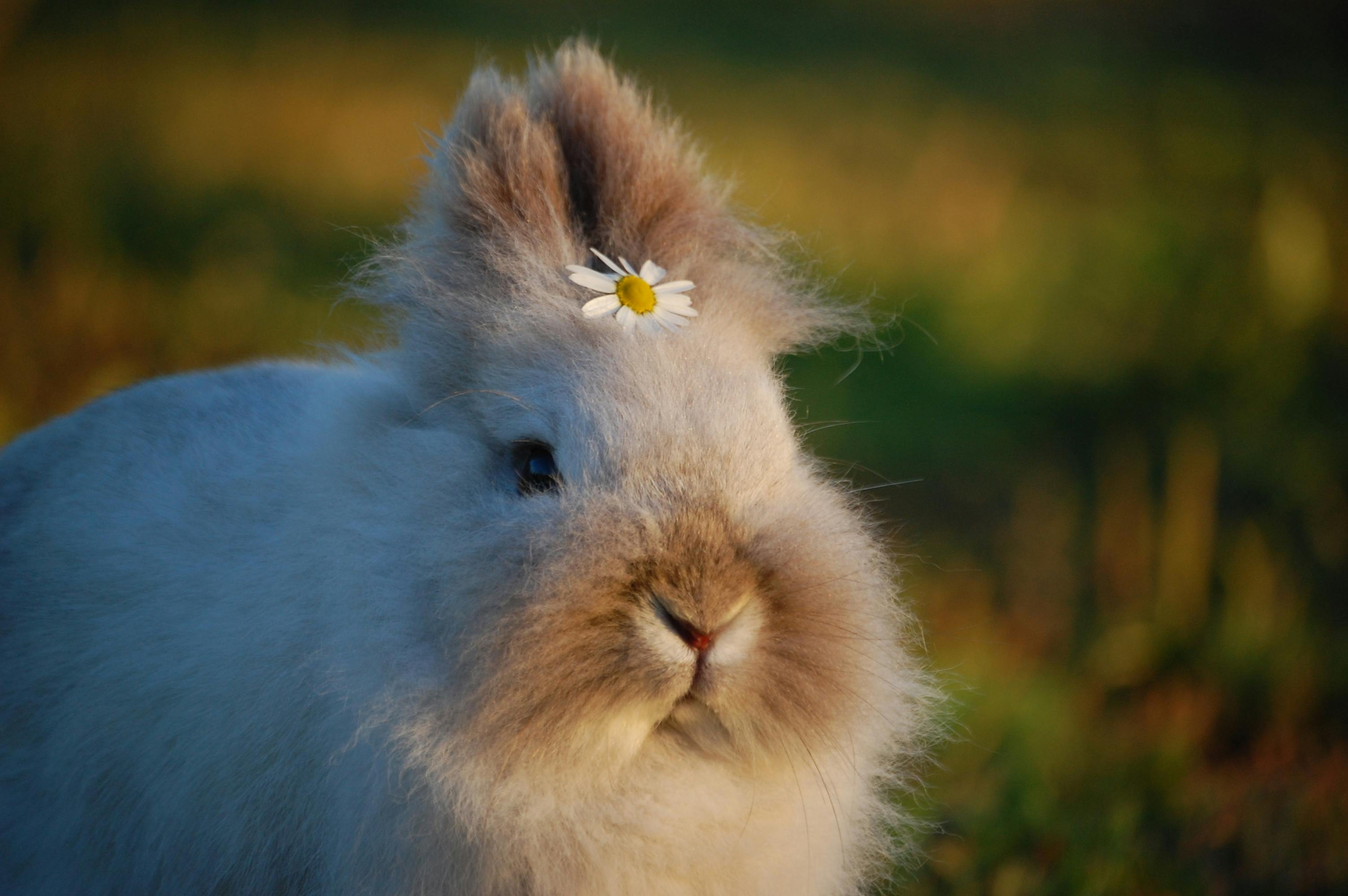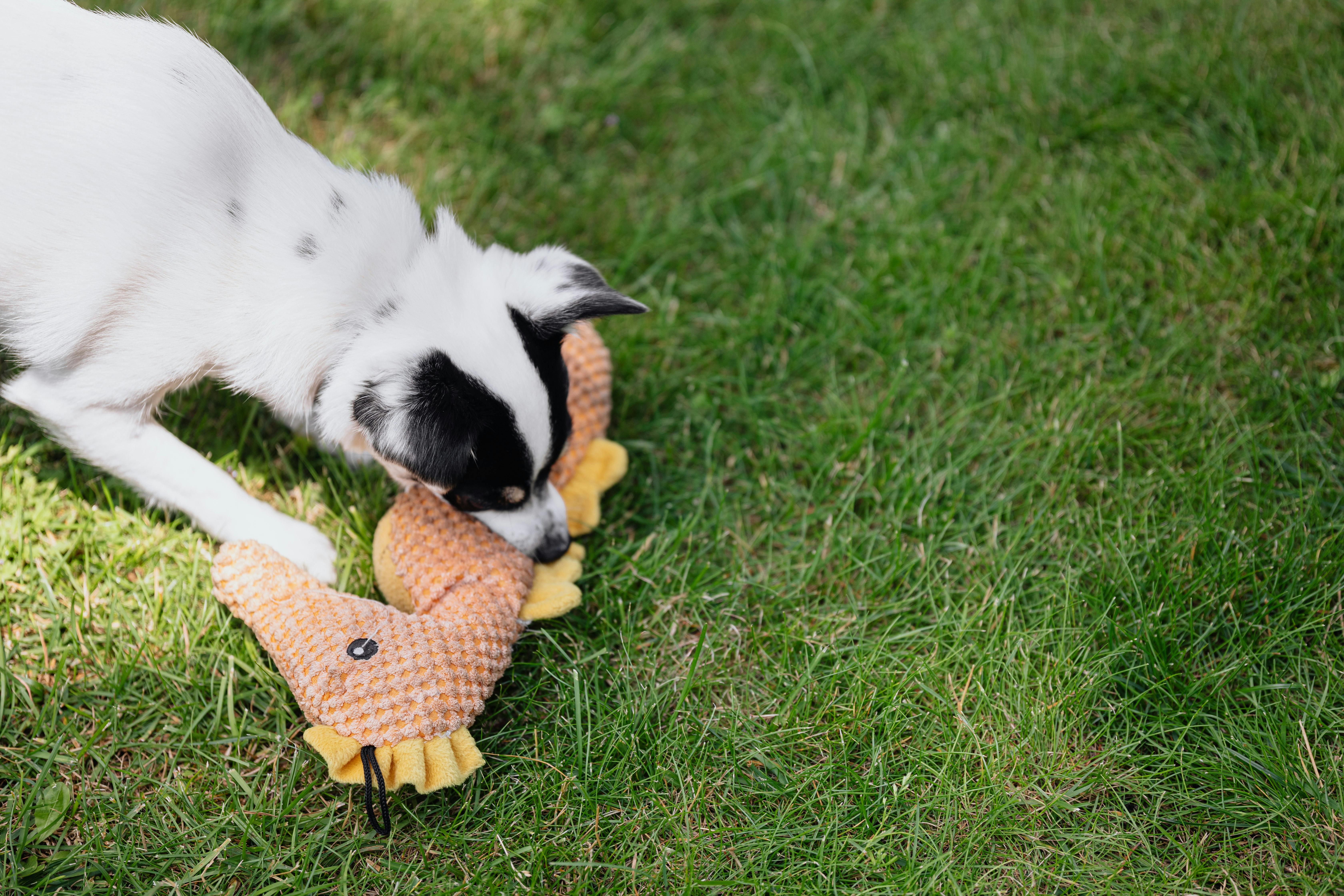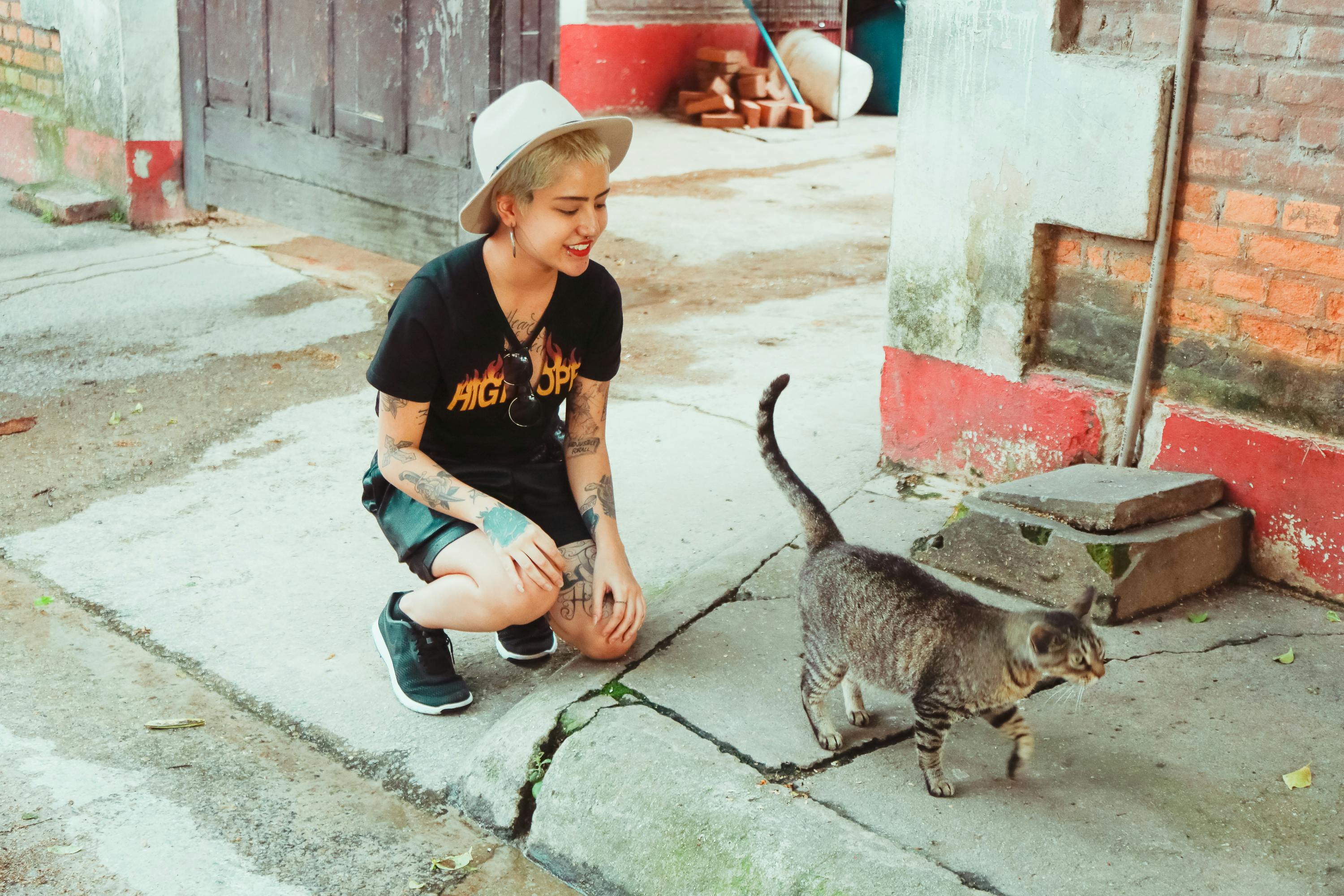Once you’ve taken the first step and decided to get a dog, the next step, which is sometimes a bit more difficult, is deciding what kind of dog you want. There are a number of factors to consider. Probably the most important is temperament, not only the temperament of the dog but also the temperament of the owner! His temperament is probably as important as the dog’s.
Breeds vary greatly with regard to temperament. Although both breeds have good qualities, a Fox Terrier, for example, has a very different character than a Labrador Retriever. A Maltese Poodle has a completely different character than a French Poodle.
If you are a quiet person, somewhat shy and withdrawn, you will most likely want a dog of a similar temperament, one that fits your lifestyle. As intelligent and remarkable as a Border Collie may seem to me, it would probably not be a good idea to choose a boisterous, lively, highly active, often highly nervous dog like this one. There are many breeds that would be better suited to your lifestyle than a lively, hyperactive, woody dog like the Border Collie.
An interesting and somewhat exotic choice of breed for someone who wants a dog that is a good companion but isn’t as demanding and constantly craving affection as other breeds, is the Afghan Hound. For this reason the Afghan has acquired the very interesting label of the “Dog of the Philosophers”.
Obviously, where you live is of the utmost importance in choosing a dog.
If you live in an apartment and don’t get a chance to exercise your dog a lot, you’ll be forced to choose one of the smaller breeds, such as the Pekingese, Yorkshire Terrier, King Charles Spaniel, or Maltese Poodle.
On the other hand, if you have time to get the dog plenty of exercise, you can choose from the wide variety of terriers, such as the smooth or wire-haired fox terrier.
Shetland Sheepdogs, in appearance very similar to a miniature collie, are very beautiful animals, they are very obedient, although sometimes a little sharp. The Schipperke, a stocky little dog, is also a lovely animal to own.
Give some thought to why you want a dog in the first place. Once you are quite clear in your own mind about this, it will be of great help in choosing the most suitable animal.
Is it because you want a pet for the children to play with, enjoy and come to appreciate the responsibilities of caring for a pet? Is your main goal to get a dog to be the guardian of your home? Is it because you are fascinated by Obedience competitions and would like to participate and win competitions? Is it because a dog of a particular breed is in fashion right now?
Perhaps you want a dog of a certain exotic breed because you want to have a dog that is different from the others?
Although there may be a seemingly frivolous or illogical reason for wanting a certain breed of dog, there is nothing wrong or unnatural about it. After all this, it’s probably a big reason why people buy certain cars. The choice is often more emotional than practical. When you think about it, choosing a particular breed of dog is in some ways similar to choosing a car.
There is nothing wrong with wanting to have an exotic dog breed. You may be someone who wants something a little different than everyone else. You want to express your individuality.
Now that you have a clearer idea of the type of dog you are looking for, your next step should be to visit one of the many dog shows of all breeds that are held regularly, so you can get a first-hand look at the wide variety of breeds out there. on monitor.
The breed you ultimately choose could be one that draws you in for its physical beauty; its sporty character; your kindness; his cheerful outgoing temperament; his quiet reserved and dignified appearance.
If your purpose in choosing a dog is to have one that responds more readily to obedience training, this immediately narrows down your choice. Your obvious choice would be a Border Collie, German Shepherd, Labrador Retriever, Doberman, Shetland Sheepdog, or any of the dogs that fall into the “working dog” category.
The same would apply if you want a dog primarily as a guard, but would also like the dog to be a family pet and companion. Here again, the “Working Dogs” group includes many breeds ideal for this purpose, such as Rottweillers, German Shepherds, Rottweilers, and a few other fairly large breeds that can be protective guards, wary of strangers, and yet wonderful, friendly, adorable. family pets.
Where to get the dog of your choice.
Having now more or less decided which dog you would like to have, you will have to decide where to get such a dog.
It might be a strange suggestion, but a good place to look might be an animal shelter. Even if you’re looking for a dog of a certain breed, and also a purebred animal that is clearly identifiable as a representative of that breed, you may find what you’re looking for at an animal shelter.
Sometimes there are very well-bred animals that show up at animal shelters. There are a wide variety of reasons for this. People change locations frequently; move into apartments where they can’t accommodate a dog; sometimes there are domestic problems, families break up. As a result, the dog that came from a good and loving home is reluctantly placed in an animal shelter.
Another advantage of getting a dog from an animal shelter is that very often you may be lucky enough to acquire a somewhat older animal, where the health problems that young puppies sometimes have are no longer present. It may also be a reasonably good specimen of the breed you have set your mind to.
However, if you are unsuccessful in animal shelters and are now determined to get the dog of the breed you have chosen, your next step would be to monitor the ads for puppies for sale in your area.
It is always an advantage to choose a puppy from a breeder in your area, because you will have the opportunity to see both the father and the mother of the puppy. This is of great importance when it comes to temperament. If both the father and the mother have healthy, friendly and approachable temperaments, it is very likely that the progeny will inherit the same good temperament.
The temperament of the Mother is probably of greater importance than that of the Father. The pup not only inherits the sire’s genetic temperament traits, but is also often influenced to a greater extent by the mother’s behavior and temperament.
Of course, if you are a person who is interested in showing an animal competitively in conformation classes, then the procedures you would adopt would be quite different.
In this case, it may not be advisable to select a puppy from someone who breeds dogs in your area just because it’s more convenient. It might be worth looking further into one field. It’s a completely different ball game and it introduces a lot of different factors.
However, if, like most people, what you just want is a happy, friendly, outgoing pup who is handsome and good-natured, then your choice is not that difficult.
This article is one of many featured on the freedogadvice website. This website was created to provide a free advice service for dog lovers. In addition to training advice, there is also valuable information on health, nutrition and tips on choosing a suitable breed. For those interested in German Shepherds, there are detailed articles on show and working bloodlines, with particular reference to the best winning dogs in Germany, past and present.
Dennis Fisher has been involved with dogs as a judge, breeder, and director of obedience training for his all-breed obedience training club. Although his special interest is German Shepherds, he has also personally owned and trained dogs of the following breeds: Great Dane, French Poodle, Cairn Terrier, Schipperke, Dobermann and Fox Terrier. On his website freedogadvice.com you can find a wide variety of articles covering a wide range of topics. This website offers a free advice service for the benefit of dog lovers. There is no charge for this service.



